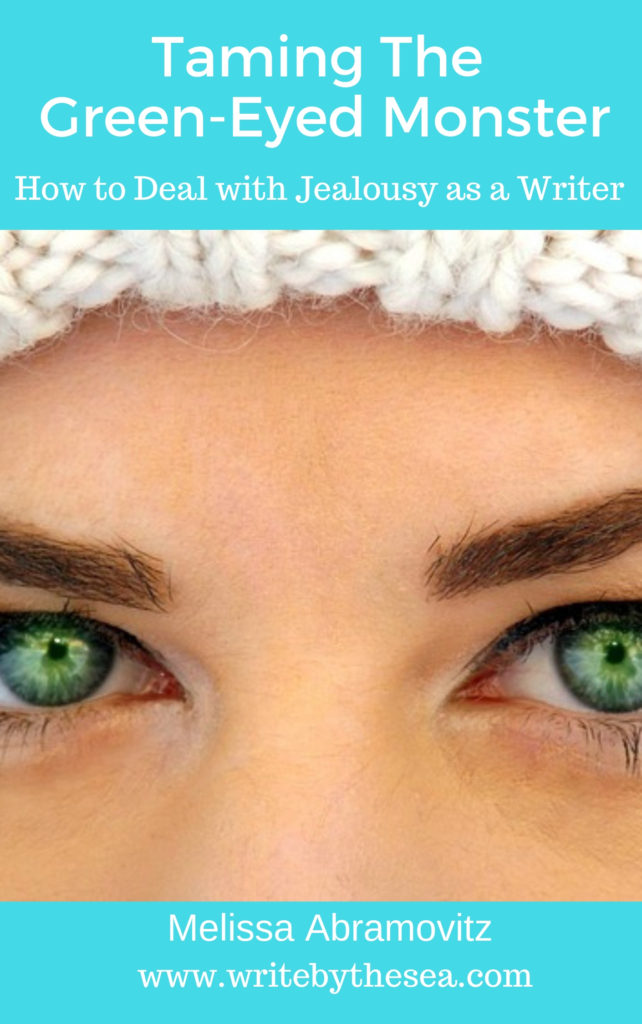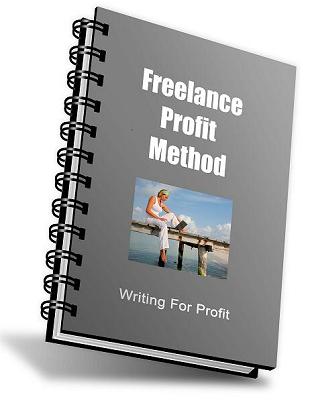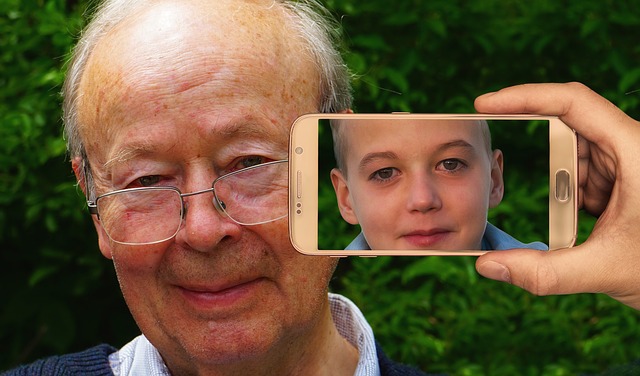Shakespeare was one of the first people known to refer to jealousy as a “green-eyed monster” in the well-known scene in Othello in which the evil villain Iago warns Othello, “O, beware, my lord, of jealousy; It is the green-eyed monster which doth mock the meat it feeds on.”
Many literary scholars believe Shakespeare was alluding to cats as green-eyed monsters because they play with mice before killing them.
Others believe the reference to “green” derived from the fact that peoples’ skin often looks greenish when they feel sick.
Regardless of the origins of this allusion to jealousy, it is indeed true that jealousy is a toxic emotion that can do great psychological and physical harm to those caught in its grip, as well as leading the jealous individual to behave in undesirable ways.
However, few people escape feeling jealous of others at least occasionally, and informal assessments indicate that writers and others involved in extremely competitive professions are especially vulnerable.

I Get Jealous, Do You?
Despite the fact that I feel genuine happiness for my writer friends when they receive awards or experience positive milestones like signing with an agent or writing a book that becomes a best-seller, I must admit that I sometimes find myself feeling very jealous of other writers (who may be friends, or may be people I have never met).
I clearly remember the first time this writing-related green-eyed monster assaulted me — it was in the early 1990s, soon after I started writing professionally in 1986.
Since I had started having nonfiction magazine articles for children published regularly, I was asked to teach a couple of workshops at a local writer’s conference, and I was thrilled to be among the successful authors who comprised the conference faculty.
There was, however, one very snobbish woman on the faculty who had never published a thing, despite the fact that she had been writing novels for many years.
I was puzzled about why an unpublished writer was teaching others how to write, but I wisely said nothing.
A few months later, this woman was featured in our local newspaper because she had landed a New York agent, who sold her first novel to a big publisher and also sold movie rights to a major Hollywood producer.
I found myself feeling jealous beyond belief.
Here I was, feeling good about selling magazine articles, while this woman had achieved the “ultimate success” for writers and indeed went on to write numerous other best-selling novels.
Even though I was curious about what was so great about her novels, I stubbornly refused to read any of them because I was so jealous.
Although my “boycott” had little impact on her book sales, it made me feel better because it was something that was within my power to do, as opposed to helplessly wishing that a New York agent would beg me to sign on.
But when I really thought about why I was jealous, I realized that if I really wanted to have a best-selling novel, I would have to learn how to write a novel and would have to spend time writing and re-writing it.
Later on I also realized that even though I do write some fiction, I like writing nonfiction much better, and I don’t really want to be famous, since I’m pretty shy and value my privacy.
So even though I was initially jealous of this woman, I realized that I don’t really want what she has.
However, even though I now understand what drove my feelings of jealousy, I still find myself being bitten by the green-eyed monster occasionally.
For instance, over the past couple of years, I have experienced some jealousy about the fact that I have tried but not succeeded in landing an agent to market several picture books I’ve written, while other writers in my SCBWI region have bragged about finding an agent and publishing picture books with major publishing houses.
I have also felt jealous when I have seen other writers’ books on the shelves at Barnes & Noble, whereas my books are not.
I’ve even found myself sulking for hours and being tempted to find a new career, but fortunately, I have also developed some strategies for combatting the green-eyed monster and for helping me – and others – get past its harmful effects.
So here are my tips.
Tips for Taming the Green-Eyed Monster
• Resist any temptation to lash out and to say anything negative to or about the object of your jealousy.
Take a deep breath, and remind yourself that denigrating others to make you feel better about yourself will do the opposite.
Say nothing until you get a grip on your emotions.
• Congratulate the person whose achievements have made you jealous if you know him or her or meet him or her at a conference or other event.
Being “decent” like this always makes me feel better.
• Ask yourself (in private) why you’re jealous, and channel this motive into positive action.
Do you want to write and have a picture book or a novel published?
Then sign up for writer’s workshops or coaching, and practice honing your craft.
Write and re-write and don’t give up if it gets rejected.
If you want your picture book or novel featured at Barnes & Noble, don’t submit it to small indie publishers, whose books are rarely accepted into major bookstores.
If a book you published is not selling well, educate yourself about how best-selling authors promote their books.
Learn from the feelings of jealousy you are experiencing, and understand that your competitive spirit can be a force for good if you channel it productively.
• Remind yourself of your own successes and strengths.
I, for example, have had more than 50 educational nonfiction books for children and teens published, and I constantly have to turn down offers of writing assignments from educational publishers and magazine editors because there are only 24 hours in each day and I already have all the work one person can handle.
Are you a busy parent who juggles raising a family with being a teacher, as well as being an aspiring author?
Give yourself credit where credit is due.
• Remember that you are you, and everyone’s path to publishing and definition of success is different.
If comparing yourself to other writers makes you uncomfortable, don’t do it.
Are you writing the type of manuscripts you want to write?
Are you developing your own writing “voice”?
If you want to publish novels, is your mastery of methods of creating believable characters and intriguing plots progressing?
Are you meeting your personal short-term goals?
If so, you are doing what’s right for you.
Be patient.
This may be the right time for you to learn and improve your craft, and the time for you to achieve your other dreams may lie ahead.
As my favorite Bible verse states, “To everything there is a season, and a time to every purpose under heaven.” (Ecclesiastes)
About Melissa Abramovitz
Melissa Abramovitz is an award-winning author/freelance writer who specializes in writing educational nonfiction books and magazine articles for all age groups, from preschoolers through adults.
She also writes short stories, poems, and picture books, and is the author of the acclaimed book for writers, A Treasure Trove of Opportunity: How to Write and Sell Articles for Children’s Magazines.
Melissa graduated summa cum laude from the University of California, San Diego with a degree in psychology and is also a graduate of The Institute of Children’s Literature.
She is a member of SCBWI and a frequent contributor to writebythesea.com.
Visit her website at www.melissaabramovitz.com.
Become a six-figure freelance writer.
Note: This post may contain some affiliate links for your convenience (which means if you make a purchase after clicking a link I will earn a small commission but it won’t cost you a penny more)! Read my full disclosure and privacy policies...






